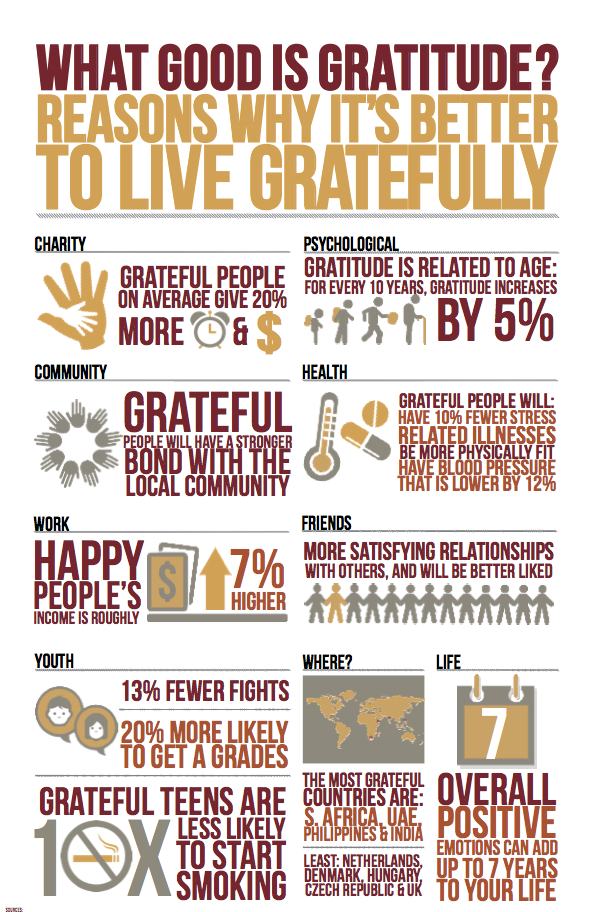In the first reading, we hear the end of the story of Naaman, a Syrian general, who has just been cured of his leprosy. When Naaman comes to Israel he encounters the prophet, Elisha. Naaman has come bearing all manner of riches and gifts, but Elisha wants none of it. He simply instructs Naaman to wash seven times in the Jordan River. Pretty simple and ordinary, yes?
Lots of ways that Naaman could react. Scripture tells us he is not pleased. In effect he responds, “Are you kidding me? This nasty little river? I have great rivers in Damascus. Couldn’t I have washed there? And, aren’t you supposed to put on a big show? This was a serious waste of time.” And at that he turns to leave and go home.
But one of Naaman’s servants comes and says (with the help of my embellishment!) “If the prophet had told you to stand on one leg, holding a pigeon as an offering, repeating the name of the God of Israel 100 times, while chewing a rare earth root, you would have thought, ‘OK…this is it!’ Why is it that you can’t see the miraculous in the midst of the ordinary?” Fortunately for Naaman, the servant’s appeal finds a home and Naaman follows the simple prophetic instructions – and is cleansed.
The story does not follow Naaman all the way back to his home country. But I imagine him arriving home, now cured of leprosy, and encountering a friend who asks, “How are you?” It is a question that we hear every day of our lives. It is an ordinary question. Ordinarily, we respond “good” or “fine” and then repeat the question to the other person. I wondered how Naaman responded. I hope he responded, “Grateful”
Gratitude is a response to the blessings of life, but it is also a choice to see those blessings, name them, and express our gratitude in word and deed.
There are lots of events we encounter on an ordinary day. Sure, there are reasons for gratitude, but those reasons are mixed in the cauldron of life along with frustration, fear, feeling foolish; regret, remorse, reluctance; anger, apprehension, apathy. We have a whole range of emotions to choose from. Which do we choose most often? The choices we make develop the habits we form and the person we become.
Gratitude is likened to a muscle that can be strengthened over time. And as you practice giving thanks and more frequently share your gratitude, you not only grow in gratitude but create an example for others. More than that, you create a climate in which it is easier to be grateful and encourage those around you to see the blessings all around us. Blessings that are there in the ordinary. An ordinary day, a less-than-ordinary river and the simple instructions to wash seven times. It is there in daily choices we make that have become our own “ordinary.”
As it says in 1 Thessalonians 5, “In all circumstances give thanks, for this is the will of God for you in Christ Jesus.” And there it is – the invitation to choose and practice gratitude in the course of all our days, ordinary or no.
So, let me ask you this, “How are you?” [This where you say, “I am grateful.”]
A simple reply to the simple question, “How are you?” Let it become the faithful choice we make in order to develop the virtuous habit we form so that we truly become a grateful person.
Image credit: GCorrigan, CANVA, CC
